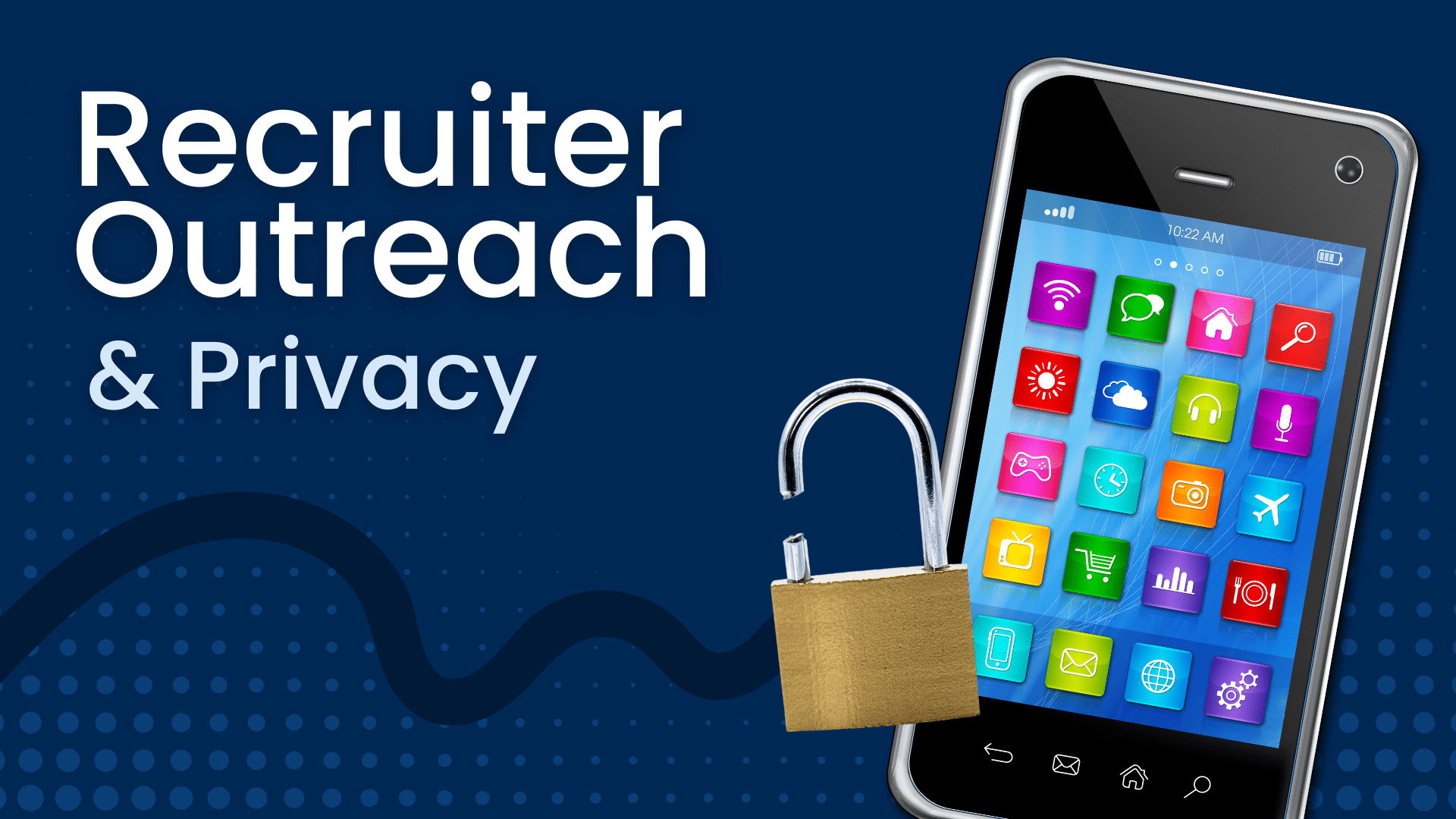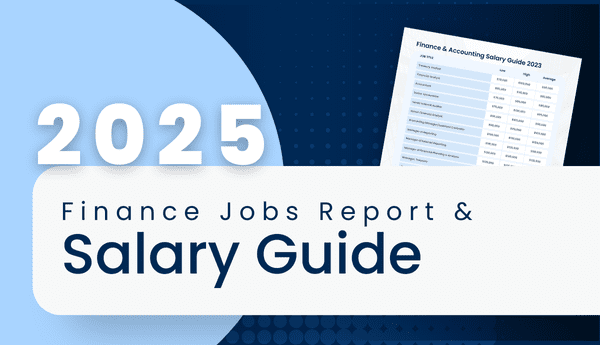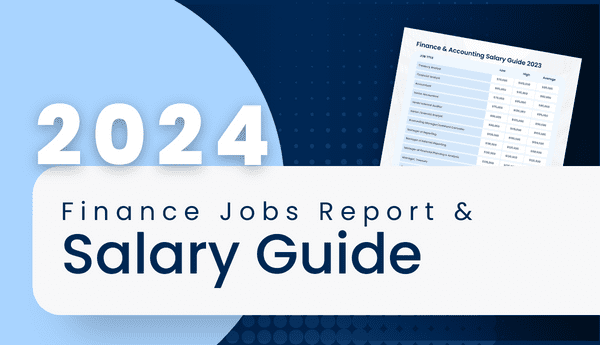In recent years, WhatsApp has become a popular tool for communication in the recruitment industry. Many recruiters reach out to potential candidates via the popular messaging tool, but this has also led to an increase in WhatsApp scams that trick job seekers into giving away their personal information or money. At Clarity Recruitment, we NEVER reach out to new candidates via WhatsApp, SMS, or post jobs on Facebook, but there may be recruiters who do. Here are some tips to help you identify and beware of recruitment WhatsApp scams.
Research the company
Before responding to any WhatsApp message regarding a job offer, it is important to research the company. Check their website, social media pages, and other online platforms to ensure that the company is legitimate. Also, check to see if the person reaching out to you is connected to the company on LinkedIn or is featured on their website.
Unfortunately, many WhatsApp, SMS, and Facebook scammers are pretending to work at legitimate companies, but are not actually employees. They may even use logos or real website content. If the company says it’s based in Canada, but the person messaging is using a foreign number, that is probably a sign that they don’t really work at the company. You can also check the company’s team page and LinkedIn.
If you cannot find any information about the person, or company, or if their website seems unprofessional or incomplete, it is likely a scam.
Verify the recruiter’s identity
If you are unsure about the legitimacy of a recruiter, ask for their full name, job title, and contact information. You can then verify this information by checking the company’s website or contacting the company’s HR department directly.
Be wary of unsolicited job offers
If you receive a WhatsApp message regarding a job offer from a company you have not applied to or heard of before, be cautious. Legitimate companies typically post job openings on their website or job boards, rather than reaching out to candidates directly on WhatsApp. Scammers often pose as recruiters and send unsolicited messages to potential victims.
Do NOT provide personal information
Never share your personal information, such as your passport number, bank account details, or credit card information through WhatsApp. Legitimate recruiters will typically ask for this information through a secure online platform or in-person interview.
Be cautious of job offers that seem too good to be true
If a job offer seems too good to be true, it probably is. Scammers often promise high salaries or positions with minimal qualifications or experience required. Legitimate job offers are typically based on a candidate’s skills, qualifications, and experience, rather than making unrealistic promises.
Watch out for payment requests
Be cautious of any WhatsApp, SMS, or Facebook messages that ask for payment, such as a request for money to secure a job offer or for processing fees. Legitimate companies will never ask for payment through WhatsApp or any other instant messaging platform. In fact, candidates should never have to pay a recruitment company for their services. It is not how the recruitment companies work. In Canada, if you’ve received a suspicious text message, you can forward the message to 7726 (SPAM) to report the phone number.
In conclusion, WhatsApp can be a useful tool for communication in the recruitment industry, but it is important to be cautious of potential fraud. If you’re job searching and want to connect with one of our talented recruiters, get in touch here.




